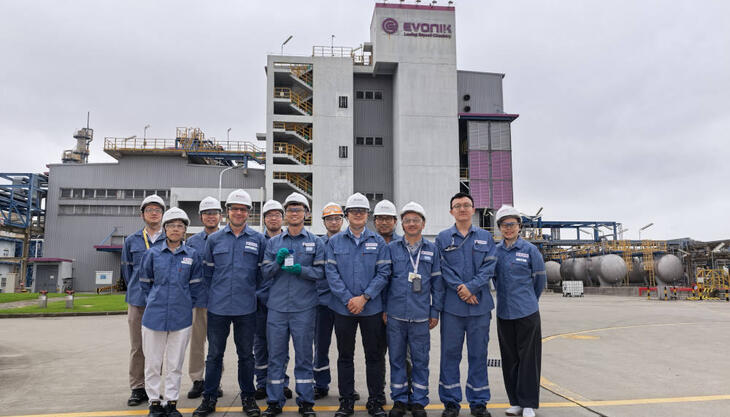ExxonMobil to expand advanced recycling capacity in Texas

ExxonMobil plans to invest more than 200 million dollars to expand its advanced recycling operations at its sites in Baytown and Beaumont, Texas (United States). The new operations are expected to start up in 2026 and can help increase advanced recycling rates and divert plastic from landfills. The company plans to build additional units to reach a global recycling capacity of 450,000 tons per year by 2027.
“This multi-million-dollar investment will enhance our ability to convert hard-to-recycle plastics into raw materials that produce valuable new products,” said Karen McKee, president of ExxonMobil Product Solutions. “At our Baytown site, we’ve proven advanced recycling works at scale, which gives us confidence in our ambition to provide the capacity to process more than 450,000 tons of plastic per year around the world. We’re proud of this proprietary technology and the role it can play in helping establish a circular economy for plastics and reducing plastic waste.”

The investment will add 160,000 tons per year of advanced recycling capacity at Baytown and Beaumont, bringing ExxonMobil’s total capacity to 227,000 tons per year. The company is continuing to develop additional advanced recycling projects at manufacturing sites in North America, Europe and Asia, with the goal of reaching 450,000 tons per year of recycling capacity globally by 2027.
Advanced recycling complements traditional, mechanical recycling by transforming plastic waste into raw materials that can be used to make many valuable products - from fuels to lubricants to high-performance chemicals and plastics. Advanced recycling can address a broader range of plastic waste that won't be mechanically recycled and may otherwise be buried or burned, resulting a vital element of a circular economy.
“The world’s plastic waste challenge will be solved with innovation, collaboration, and supportive government policy to improve waste management and circularity,” said McKee. “ExxonMobil is doing its part by developing scalable technology, investing in recycling infrastructure and helping our customers meet their circularity goals.”



















